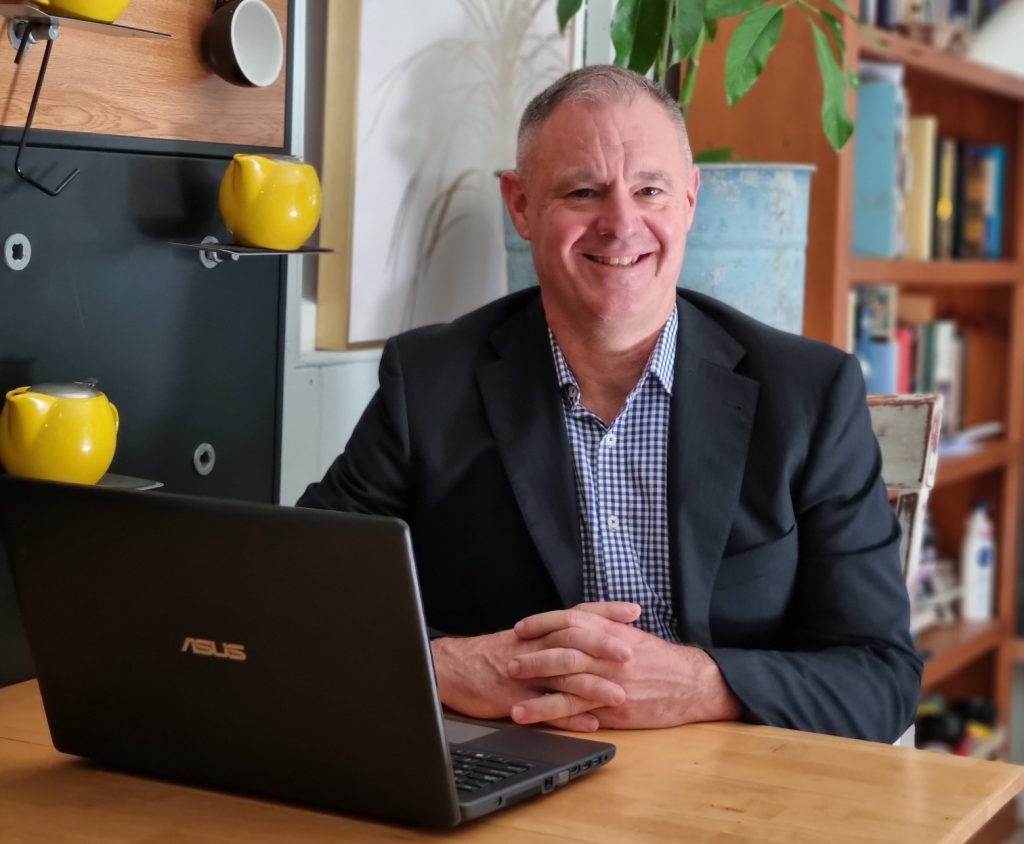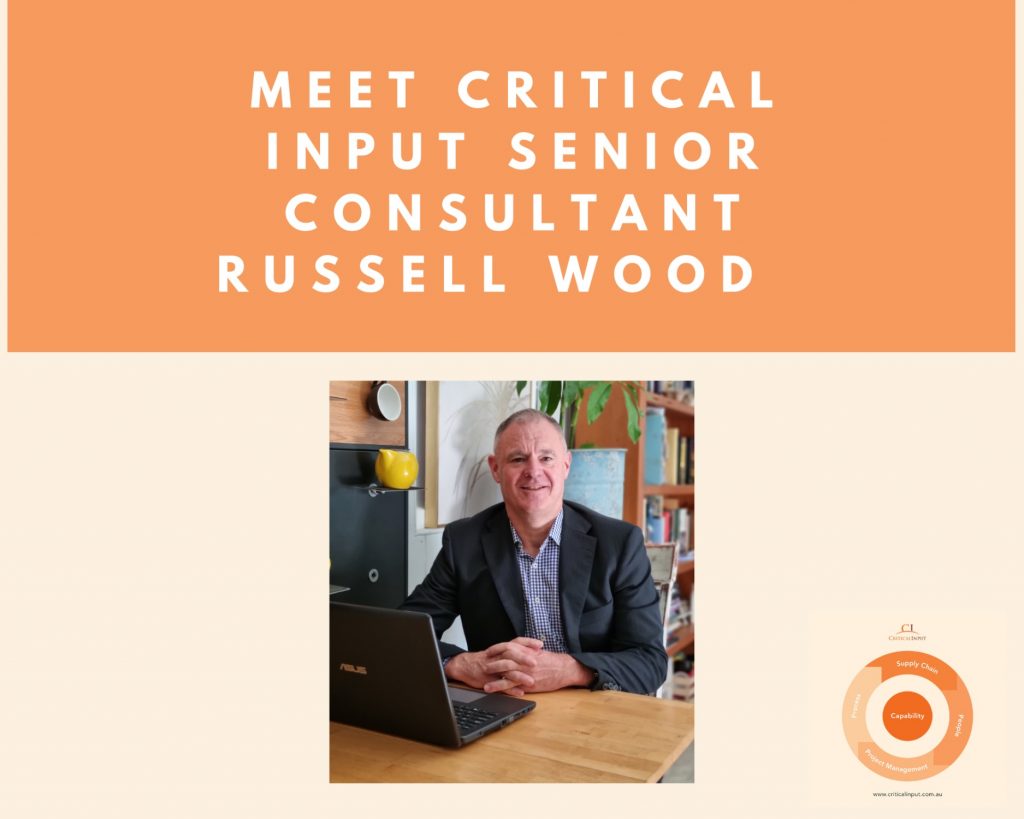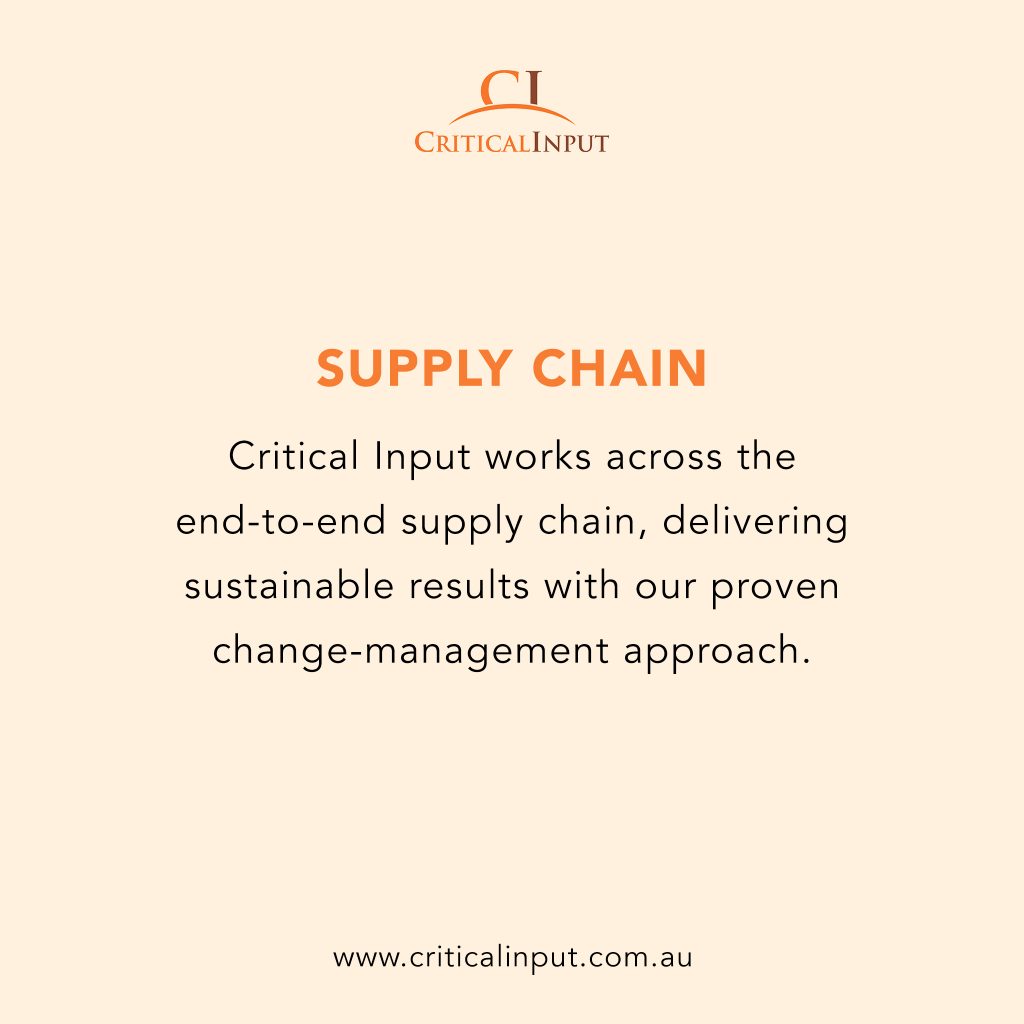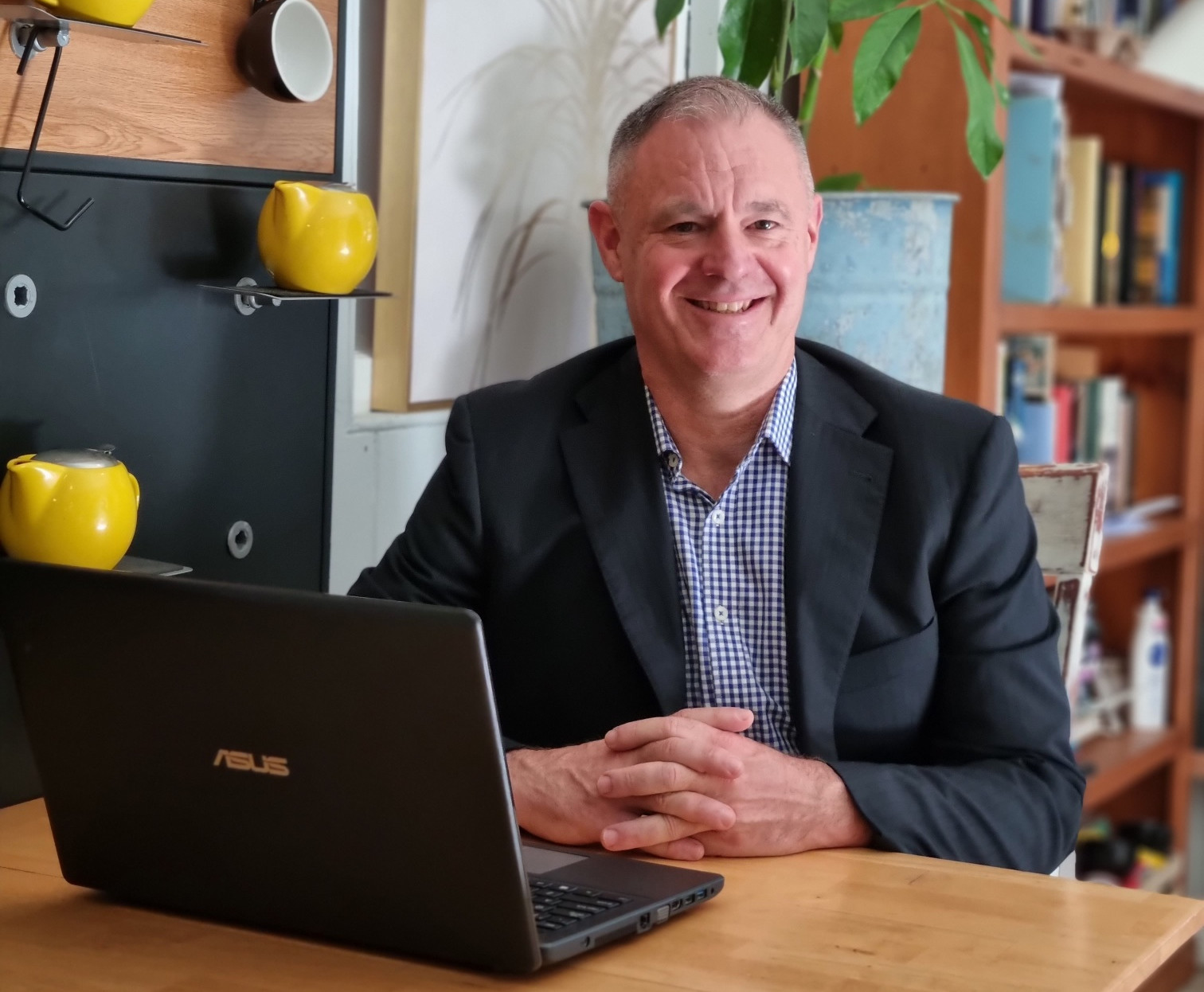Meet Critical Input Senior Consultant Russell Wood

Russell is a solutions-driven supply chain professional who has been analysing and optimising businesses and their operations for more than three decades. Before joining Critical Input as a Senior Consultant, Russell worked with a number of reputable companies including DHL, Panalpina and Maersk. His strengths lie in client engagement and digital transformation and systems improvement. Russell has successfully delivered both small and large scale projects within manufacturing, retail, mining and Fast Moving Consumer Goods (FMCG) sectors.
What led you to this type of work?
After many years working within logistics, I realised there was a need for strategic input around systems or processes for clients working on large projects within supply chain. Service providers within the marketplace were too transactional, and large consulting firms were often too academic (and expensive), so there was effectively a major gap within the market. More importantly, there’s nothing more rewarding or satisfying than undertaking genuine improvement work within a client’s business and making a real difference.
What do you bring to Critical Input that is unique and beneficial to clients?
A humble, unassuming, down-to-earth approach and a dogged determination to ensure that things actually work (in a repeatable and standardised manner) within the real world.

Do you have a particular career highlight?
The system that I designed within DHL (now known as DHLi) was a global-first. It almost didn’t get past the initial feasibility gate, but more than a decade after its adoption it’s still in use today and has a depth of maturity as well as traction globally. The crucial difference was solving a design issue and then persisting until strong market adoption.
Describe a typical day at Critical Input…
A number of calls, meetings (increasingly online during COVID) and exchanges centring on client projects and deliverables, plus developing documentation and outputs for client implementation. We manage to have a good laugh at times in amongst all that and even get to pick the brains of our resident Yoda (Tim G).
Is there a particular type of work that you enjoy the most?
Genuine improvement work with clients where ego and politics are put aside and mutually pursuing improvement leads to magic happening. This can be small group facilitation, design analysis workshops or coaching. Most clients, most of the time have an idea of what they need to do. They often just lack the capacity, time/resources to get it done. They don’t need a “know-it-all” expert telling them what to do, more likely they need a fresh perspective and someone to partner with them in getting specific improvement done, which, once the heavy lifting is done, they can readily maintain themselves.
What are some of the most common mistakes you see clients make when it comes to people and processes?
This is controversial. Toxic cultures and poor treatment of people in the workplace leave an enduring legacy that inevitably undermines process and people improvement. Whatever systems or process improvement work we’re undertaking, we must begin with the recognition that we’re dealing with thinking and feeling individuals who need to be taken on a journey to a better future state. No amount of systems, technology, or procedures will ever achieve their optimum if we don’t have people on board. Having said that we can’t sit around and sing “Kumbaya” forever either. The famous management consultant, Peter Drucker, nails this with this oft-referenced quote: “culture eats strategy for breakfast”.

How do you know when you’ve done a good job or when a project has been a success?
When the project delivers what it said it would, and even more so when the results are sustained (minimal degradation over time, no backsliding on the client-side).
If there was one thing you could change about the world, what would it be?
Change the underlying systemic drivers of inequality.
What’s a fun fact about you?
I’ve been into and even played a good deal of “improv” over the years in the form of theatre sports, which is a form of improvised performance art and theatre.
Core strengths
- Integrity
- Analytical thinking
- Communication/writing
- Pragmatism.
Recent highlights
- Featured columnist of Loadstar Media (loadstar.com)
- Recently achieved a major federal grant funding allocation for a struggling business, which turned it around
- Endorsed consultant for AI Group’s Business Improvement and Growth Hub.
Qualifications
Master of Business and Technology (UNSW)
Memberships/licences
Aus Industry Group BIG Hub (AIG ), Australasian Supply Chain Institute (ASCI), Lean Enterprise Institute (LEI).
Area of expertise/specialty
Demand Planning (S&OP), Systems Improvement and optimisation (ERP, WMS, TMS).




